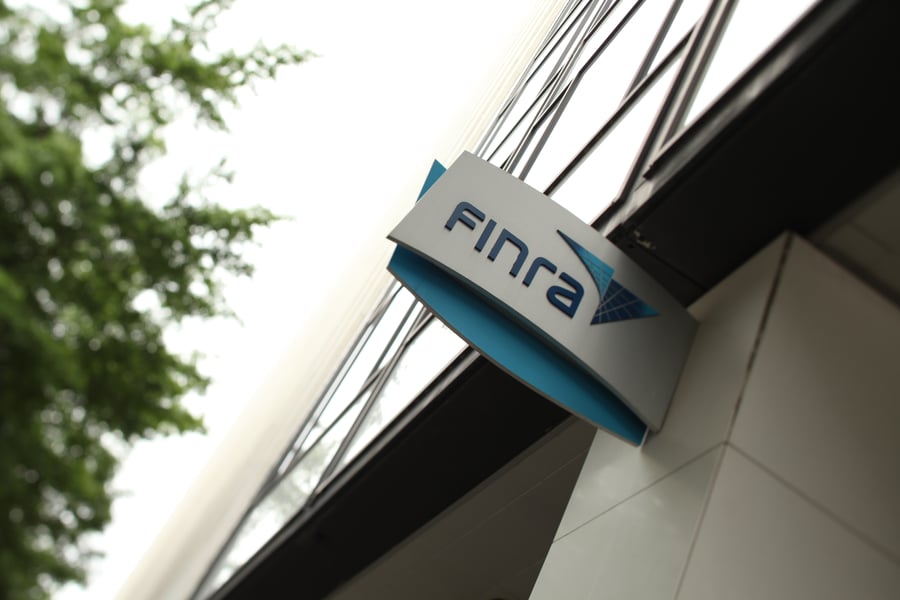Finra wants to tighten up its arbitration procedure. For starters, the self-regulator aims to bar hedgies and mutal fund executives from panels.
Finra is proposing to tighten up on its definition of “public” arbitrator.
The Financial Industry Regulatory Authority Inc. wants to exclude people associated with a mutual fund or hedge fund from its pool of public arbitrators and require certain others to wait for two years after ending an industry affiliation before being classified as a public arbitrator.
In a filing posted Friday on the Securities and Exchange Commission's website, Finra said the change “would improve investors' perception about the fairness and neutrality of Finra's public arbitrator roster.”
Under its proposal, Finra would implement a two-year cooling-off period for attorneys, accountants and others who have done a certain amount of work for securities industry clients, and for those who work for or serve as officers or directors of entities controlled by securities firms. The two-year wait also would cover spouses and immediate family members of such individuals.
“In one instance, an individual applying to be a public arbitrator had retired one month earlier from a lengthy career at a law firm that represented securities industry clients,” Finra said in its filing.
Finra already has a five-year waiting period for former securities industry employees wishing to serve as public arbitrators, and bans those associated with the industry for at least 20 years from ever becoming public arbitrators.
The latest proposal is another step in a long-running effort by Finra to tighten up on who is considered a public panelist.
Still, claimants' attorneys say Finra needs to go further and eliminate anyone who has had any connection with the industry.
Finra's proposal is “a step in right direction, but … there's a lot more ground to cover,” said Scott Ilgenfritz, a partner with Johnson Pope Bokor Ruppel & Burns LLP and president of the Public Investors Arbitration Bar Association, which represents plaintiff's attorneys.
The two-year cooling-off period is a “noble” idea, said Hugh Berkson, a plaintiff's attorney and partner at Hermann Cahn & Schneider LLP.
He noted, however, that an industry defense attorney can be classified as a public panelist after a two-year wait.
“I just don't think you walk away from the defense-lawyer mindset in two years,” he said.







